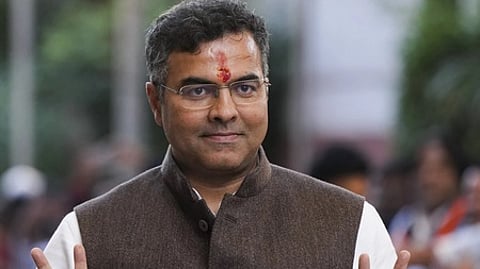

NEW DELHI: The Delhi government has uncovered a deeply entrenched corrupt system surrounding the provision of new water connections. During a review meeting with staff from the Delhi Jal Board (DJB), Water Minister Parvesh Verma revealed that the high area-based water connection charges were discouraging residents from obtaining legal connections. As a result, many continue to consume water without a valid connection.
Verma has directed his officers to revise the fees in order to encourage more residents to apply for authorised connections, thereby reducing corruption.
He pointed out that while Delhi has over 50 lakh electricity connections, only around 20 lakh water connections are in place, highlighting the widespread issue of unauthorised water usage.
In addition to addressing the connection charges, the Water Minister outlined plans to ensure adequate water supply during the summer. “A comprehensive action plan is being developed to improve water distribution and management across the city, with specific measures to resolve issues neglected by previous AAP governments,” he said. .
Verma also addressed the ongoing issue of unequal water supply in various parts of the city. Some areas face severe water shortages, receiving only a few minutes of piped water, while others enjoy hours of supply. He has instructed DJB officials to ensure a more equitable water distribution system, so every household receives a reasonable duration of water supply throughout the day.
In areas still dependent on water tankers, the minister has ordered the cancellation of all existing water tanker tenders. Verma pointed out the widespread corruption in the water tanker system, where allegedly a “water mafia” operated with minimal accountability during the previous AAP regime.
“Many tankers lacked GPS systems, making it difficult to monitor their movements. The new system will double the number of trips each tanker makes, with water being supplied in two shifts instead of one. The movement of each tanker will be tracked online, allowing both the department and local MLAs to monitor their positions through a dashboard,” he said.
The minister also called for a comprehensive assessment of the revenue generated from Delhi’s Underground Reservoirs (UGRs).